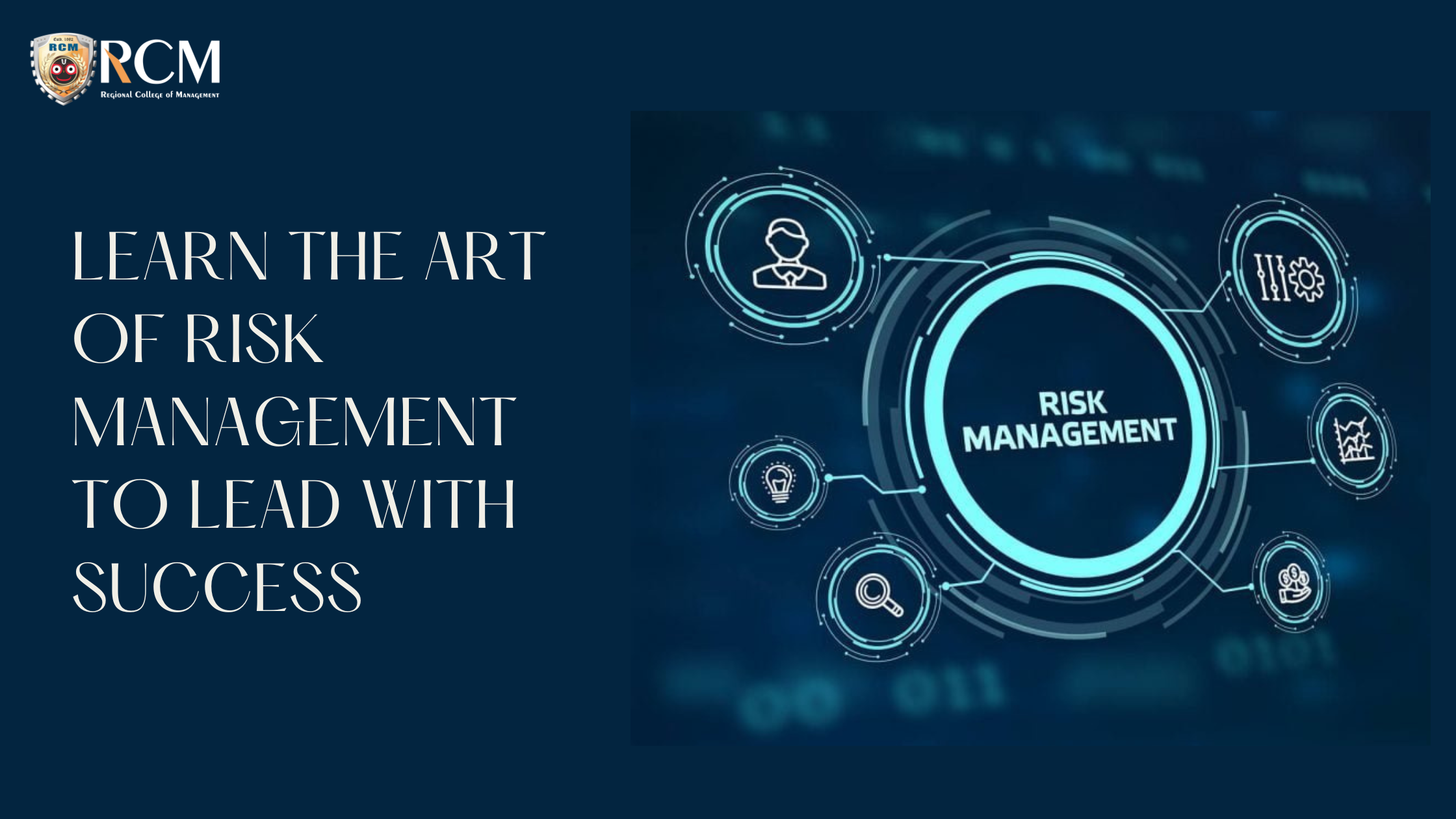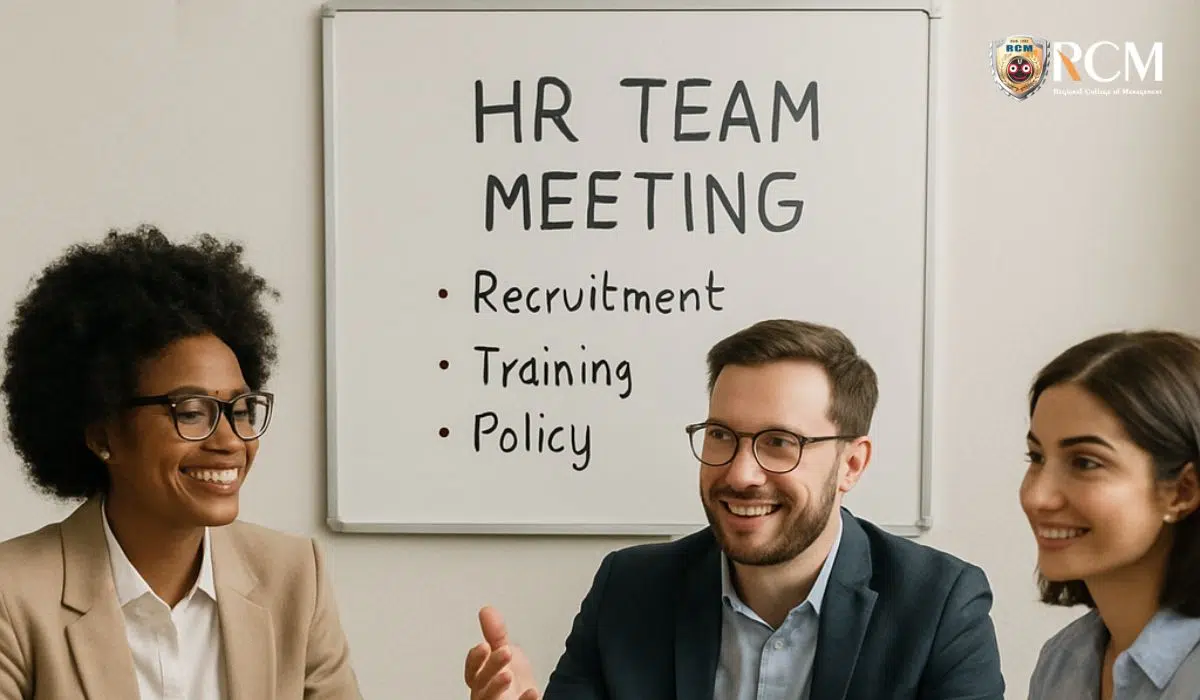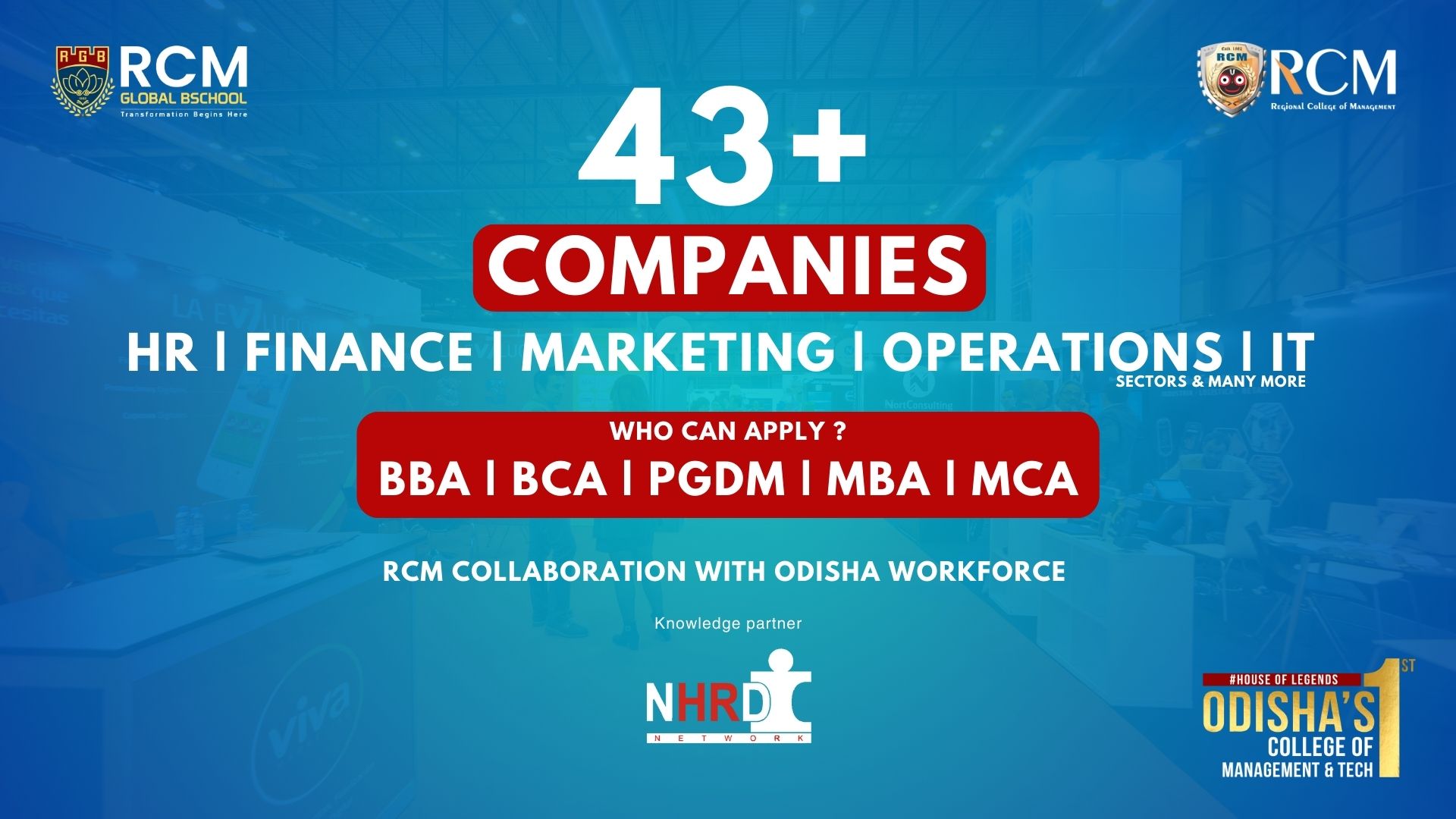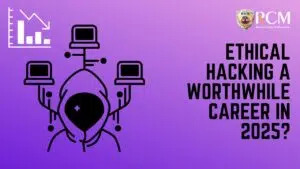Risk management plays a crucial role in today’s dynamic business landscape, helping organizations navigate uncertainties, protect assets, and seize opportunities. In this blog post, we will delve into the world of risk management, exploring its importance, key strategies, and best practices for effective risk mitigation.
Understanding Risk Management
This section will provide a comprehensive overview of risk management, defining key concepts and highlighting its significance across various industries. We will explore the types of risks organizations face, such as operational, financial, strategic, and reputational risks, and emphasize the need for a structured approach to identify, assess, and mitigate them.
The Risk Management Process
Here, we will delve into the risk management process, which involves several key steps. We’ll discuss the importance of risk identification, risk assessment, risk prioritization, and the development of risk mitigation strategies. Additionally, we’ll explore the role of risk monitoring and regular reassessment to ensure ongoing effectiveness.
Implementing Effective Risk Mitigation Strategies
This section will focus on practical strategies for mitigating risks. Topics to cover include risk avoidance, risk transfer through insurance or contracts, risk reduction through preventive measures, risk sharing through partnerships or collaborations, and risk acceptance with proper contingency plans. Case studies and real-life examples can illustrate how organizations effectively manage risks.
Technology and Tools for Risk Management
With advancements in technology, various tools and software solutions are available to support risk management efforts. We’ll explore risk management software, data analytics tools, and automation technologies that enable organizations to proactively identify, assess, and monitor risks. Additionally, we’ll discuss the benefits and considerations of implementing these technologies.
The Role of Risk Culture and Communication
Risk management is not solely about processes and tools; it also involves fostering a risk-aware culture and promoting effective communication. We’ll explore strategies for creating a risk-aware environment, promoting transparency, and engaging stakeholders in risk management. Additionally, we’ll discuss the importance of integrating risk management into decision-making processes at all levels of the organization.
Emerging Trends in Risk Management
To conclude the blog post, we’ll explore emerging trends and challenges in risk management. This could include topics such as cybersecurity risks, environmental and sustainability risks, and the integration of risk management with corporate governance and strategic planning.
Conclusion
Effective risk management is a critical component of organizational success, allowing businesses to navigate uncertainties, protect assets, and capitalize on opportunities. By implementing robust risk management strategies, organizations can enhance resilience, make informed decisions, and drive sustainable growth in an ever-evolving business landscape.
Visit RCM, Bhubaneswar to stay updated on Educational Blogs and news.
Note: The Regional College of Management, Bhubaneswar the foremost college of Odisha is now offering scholarships for Admission in 2023. Limited seats are available!

